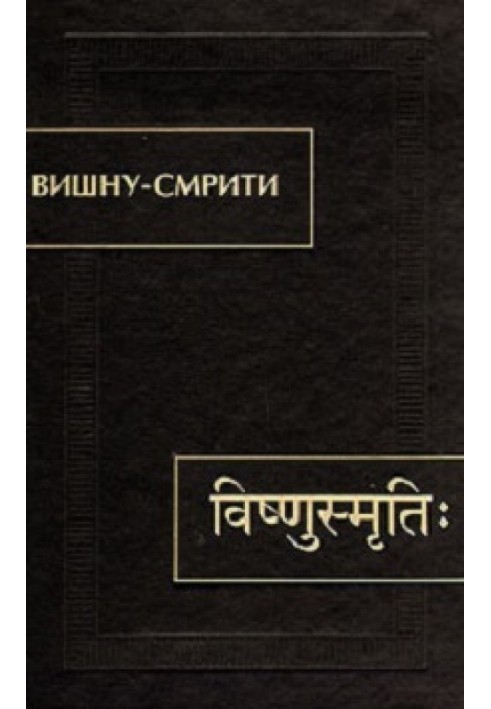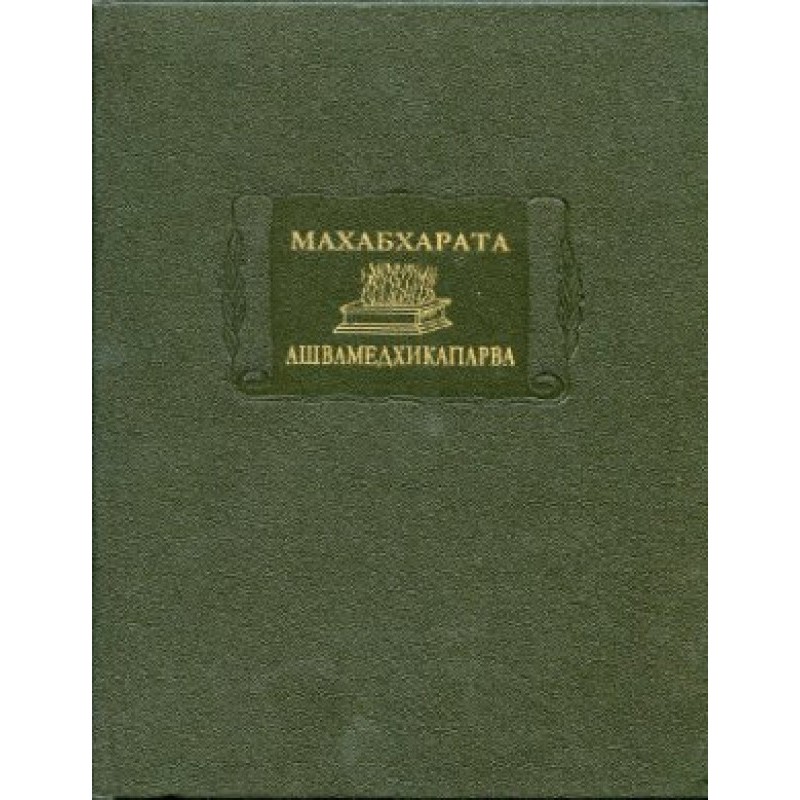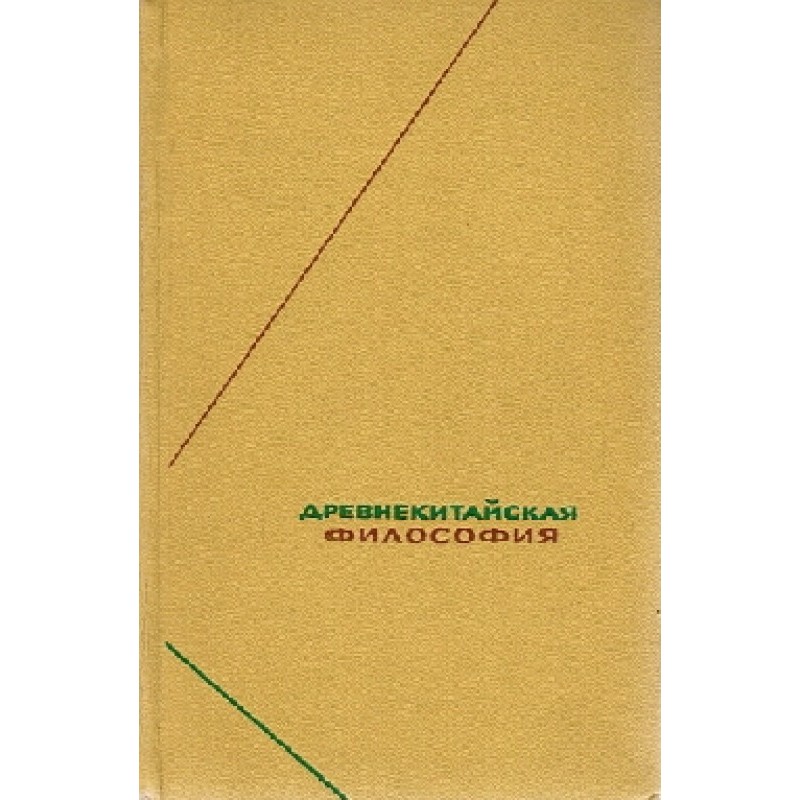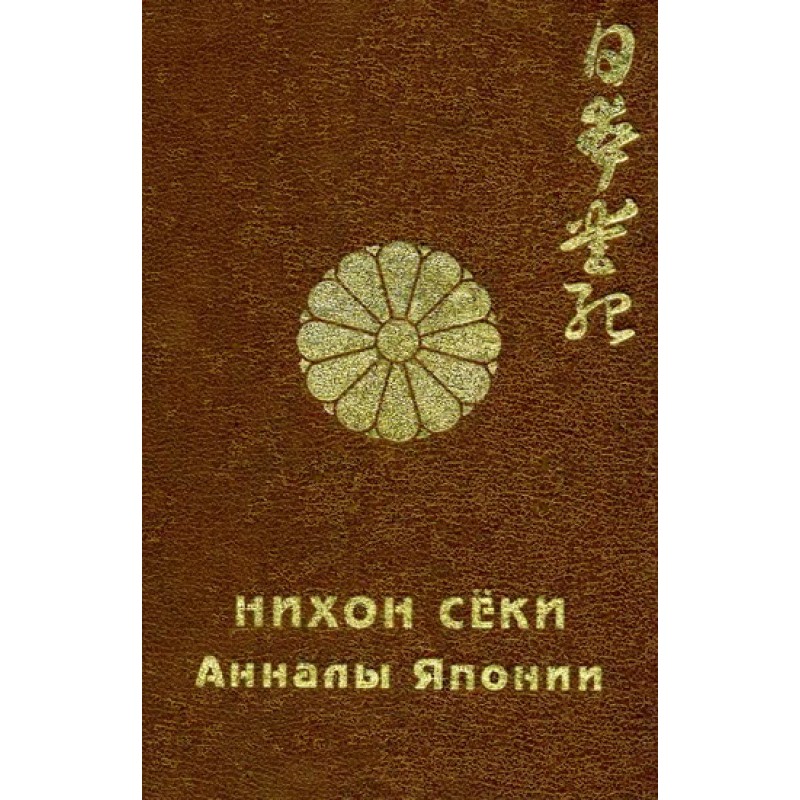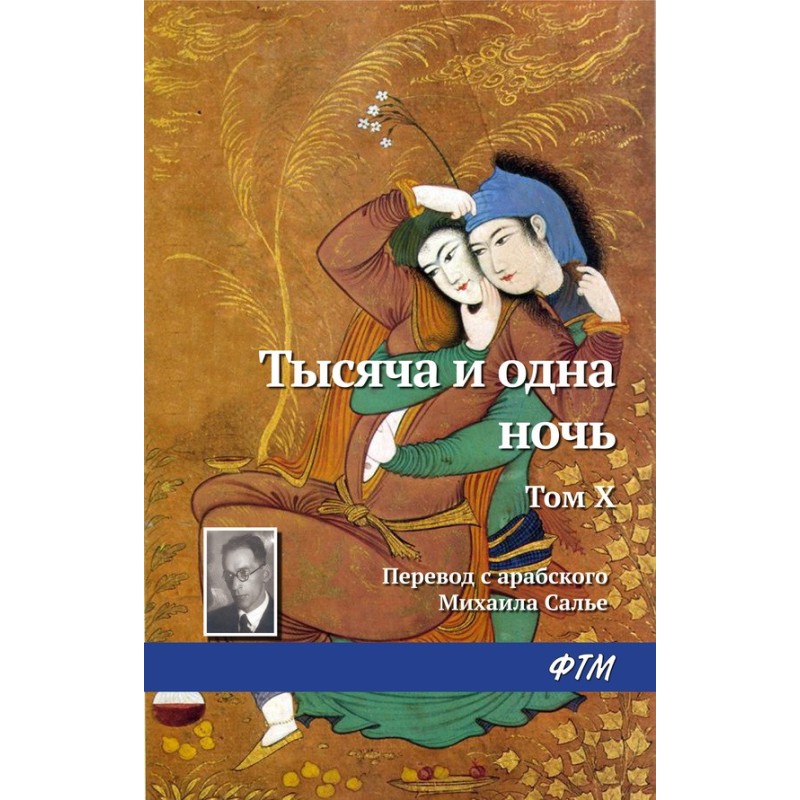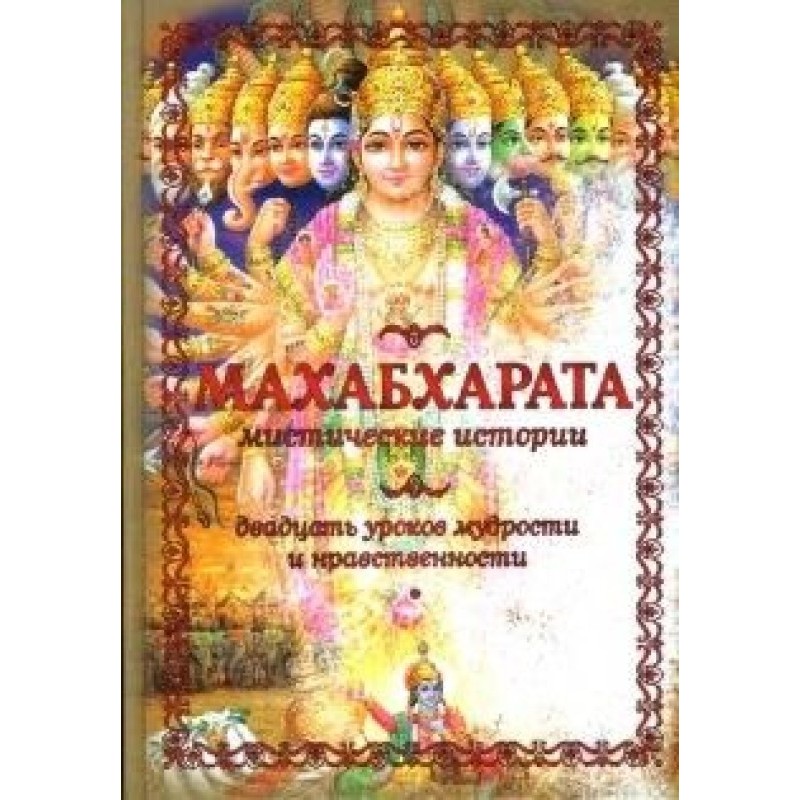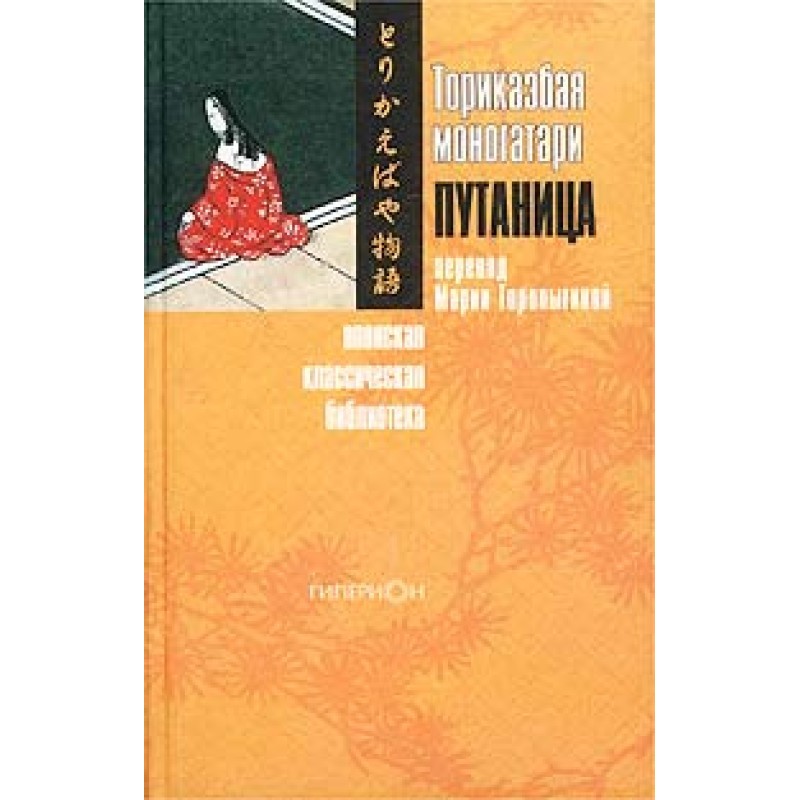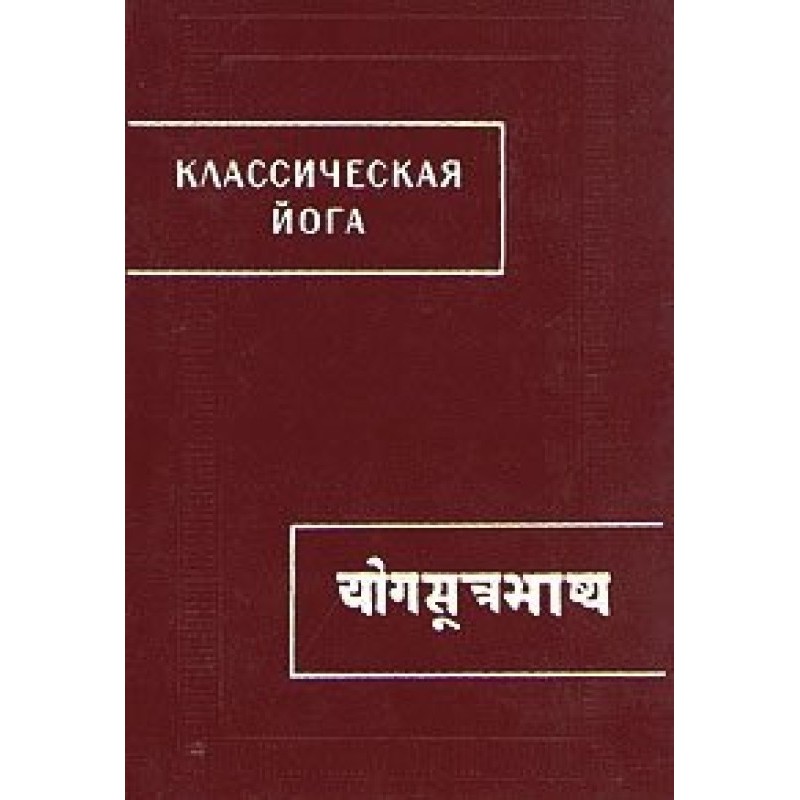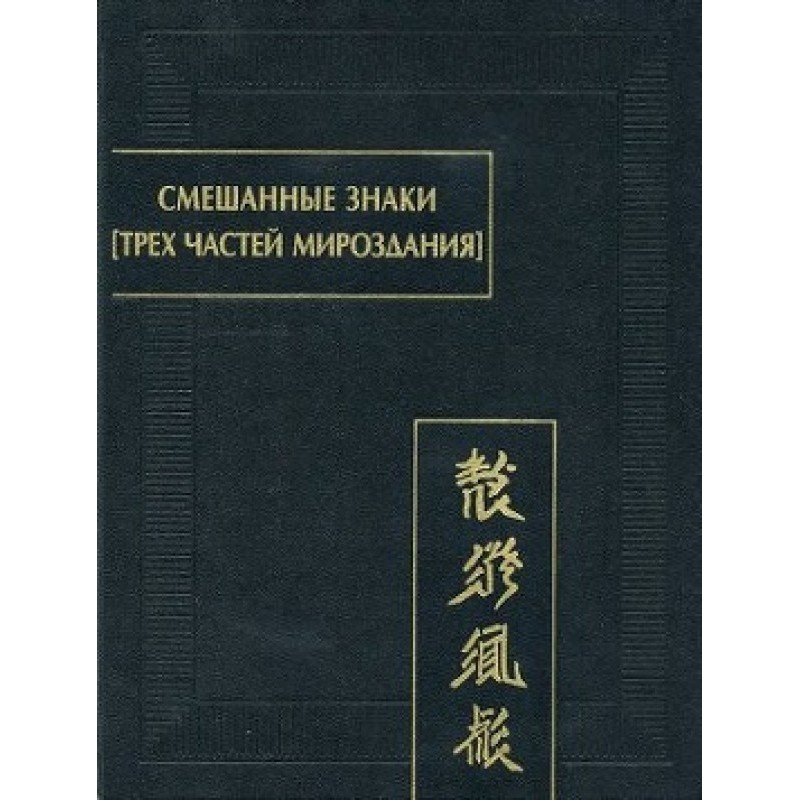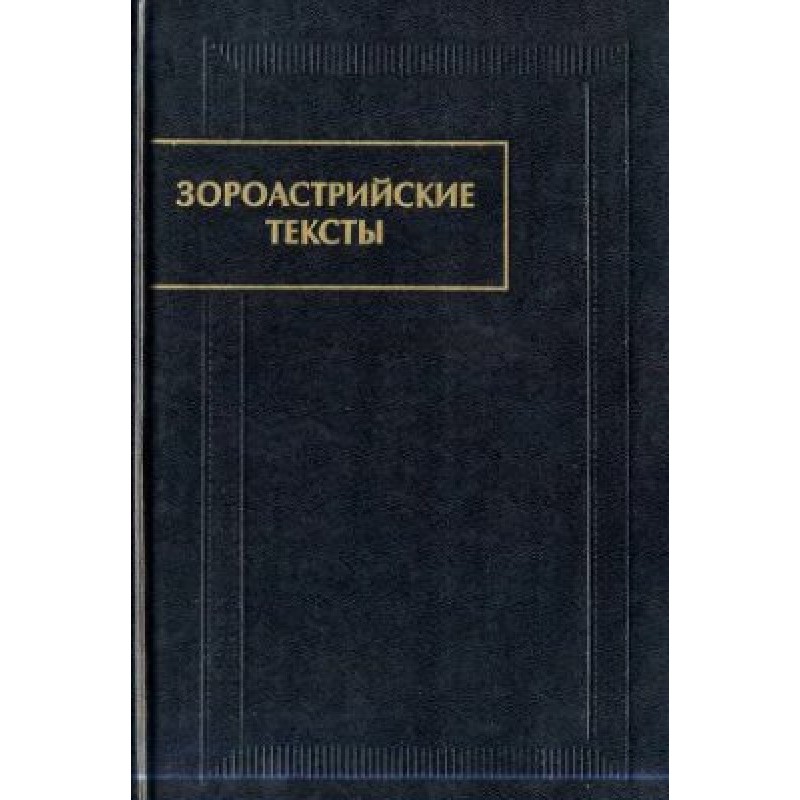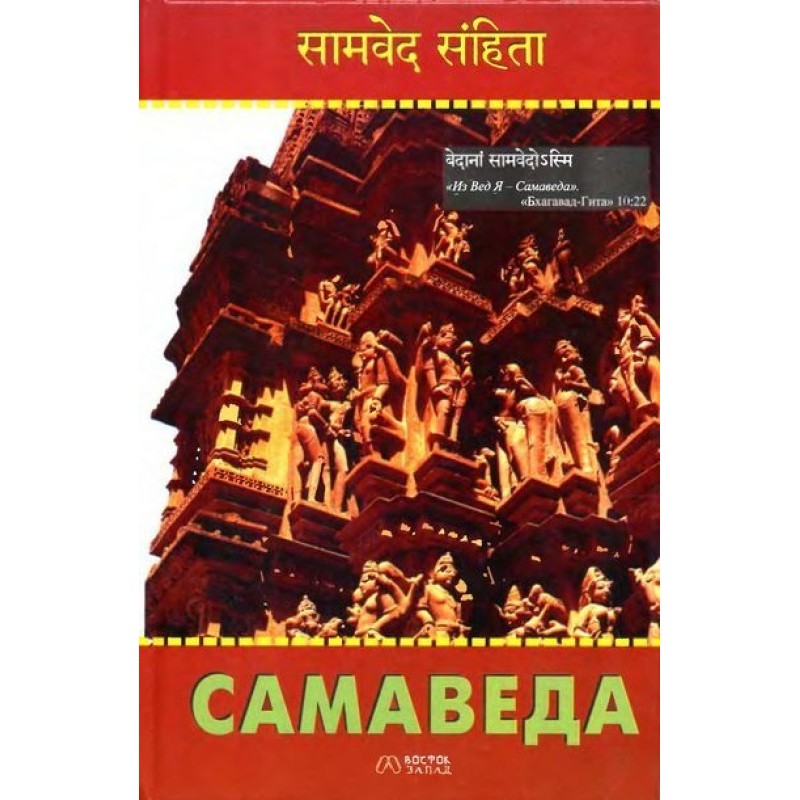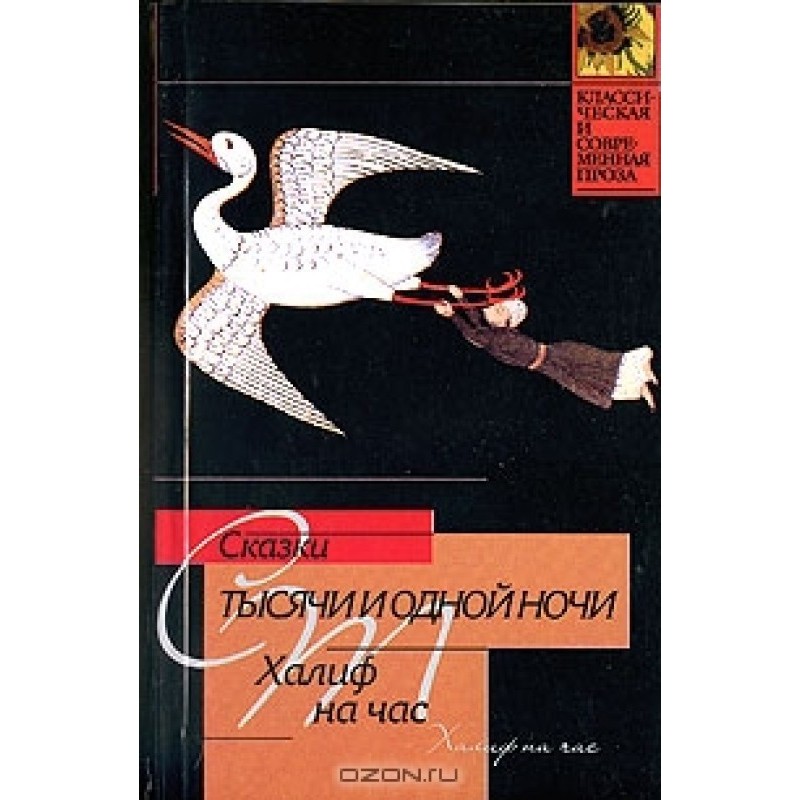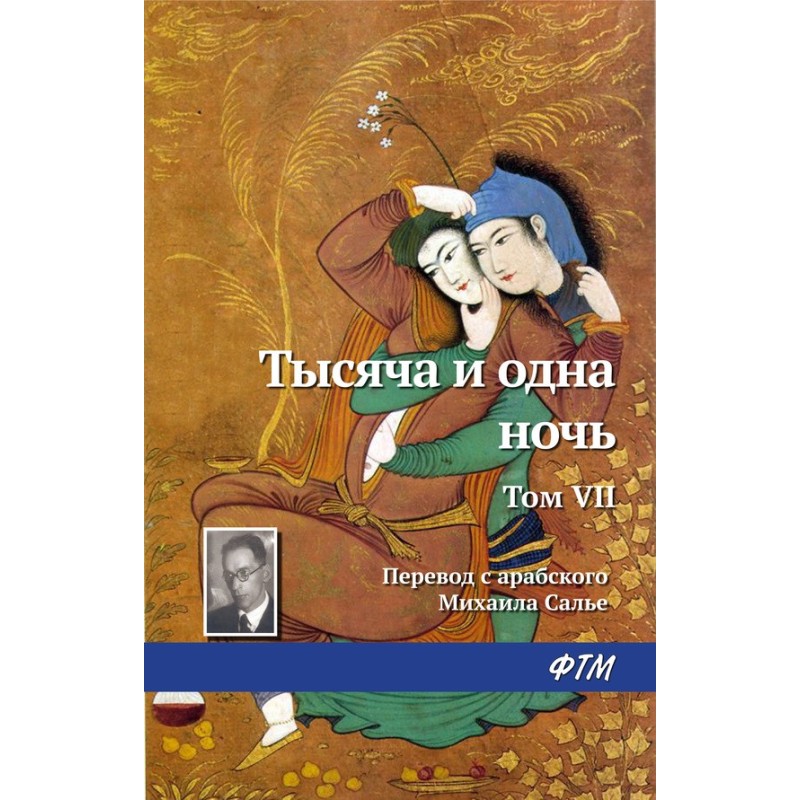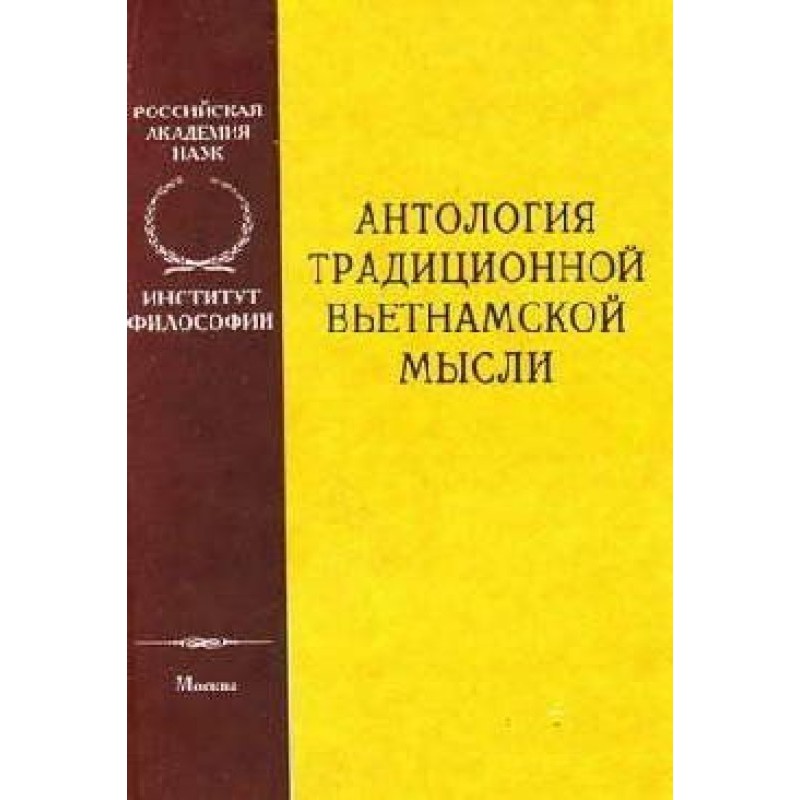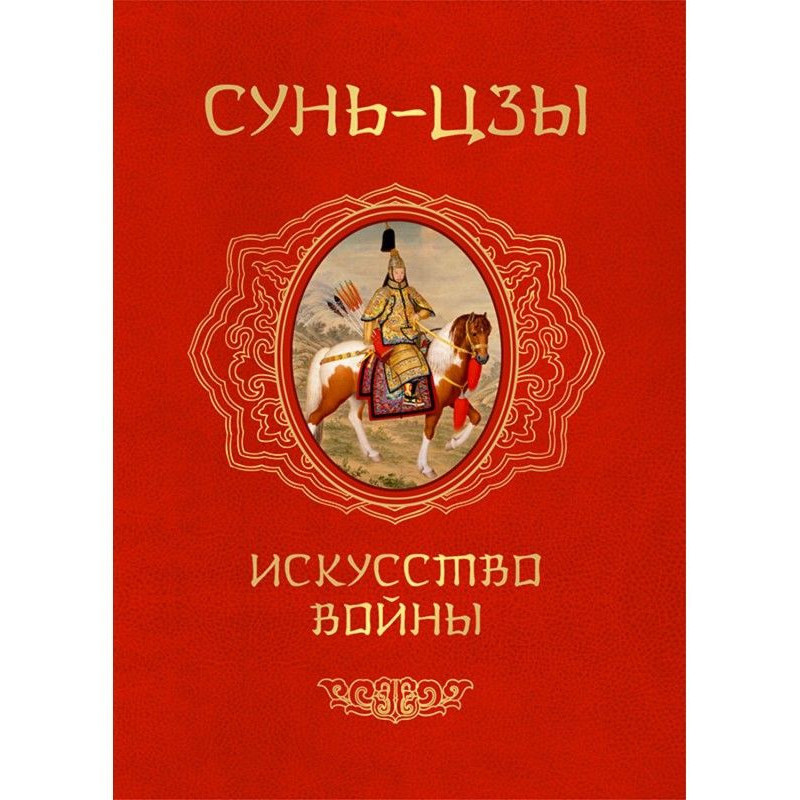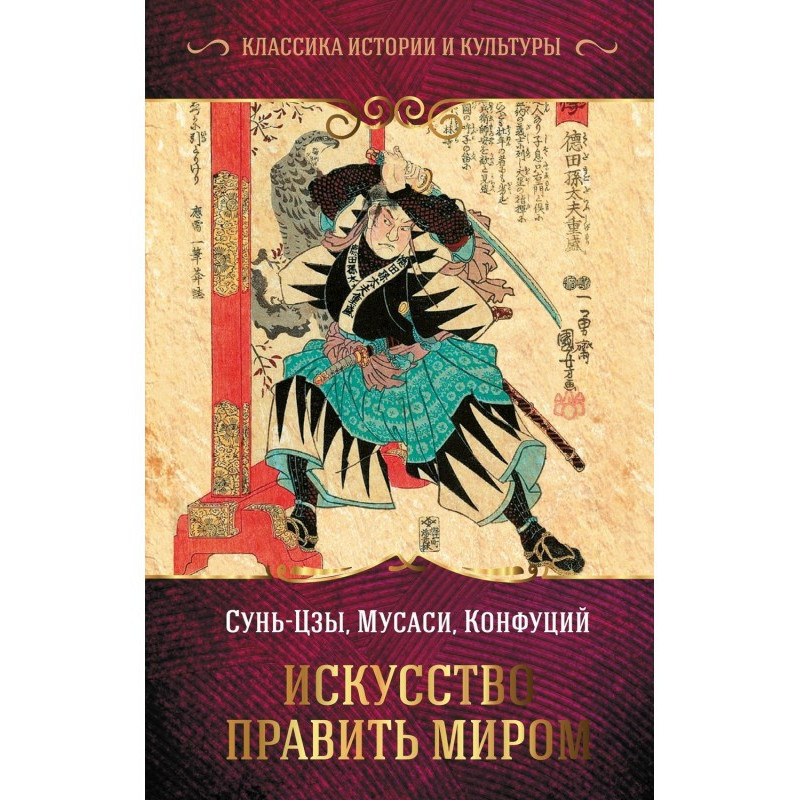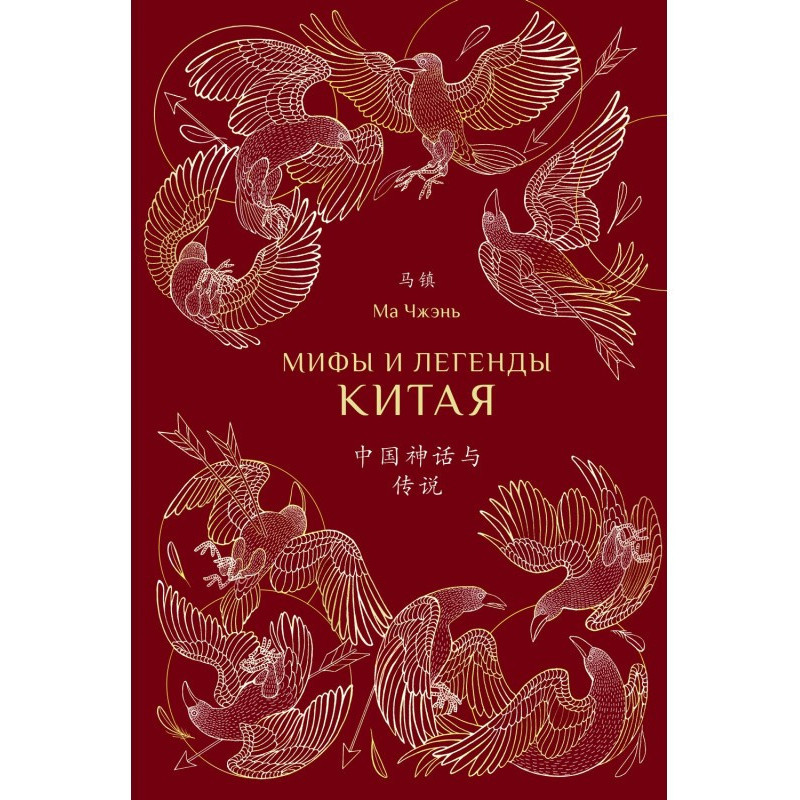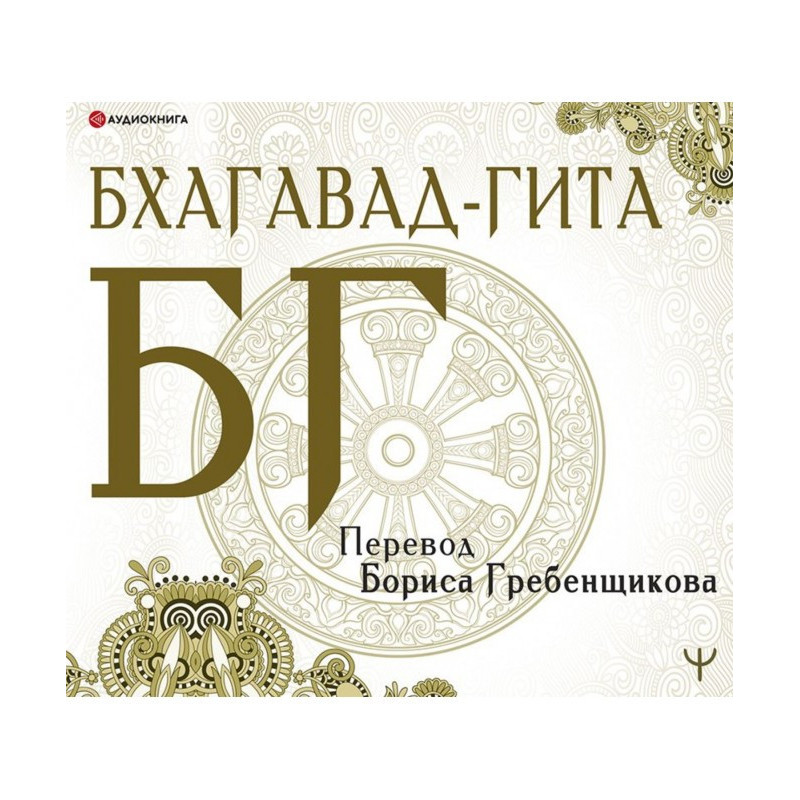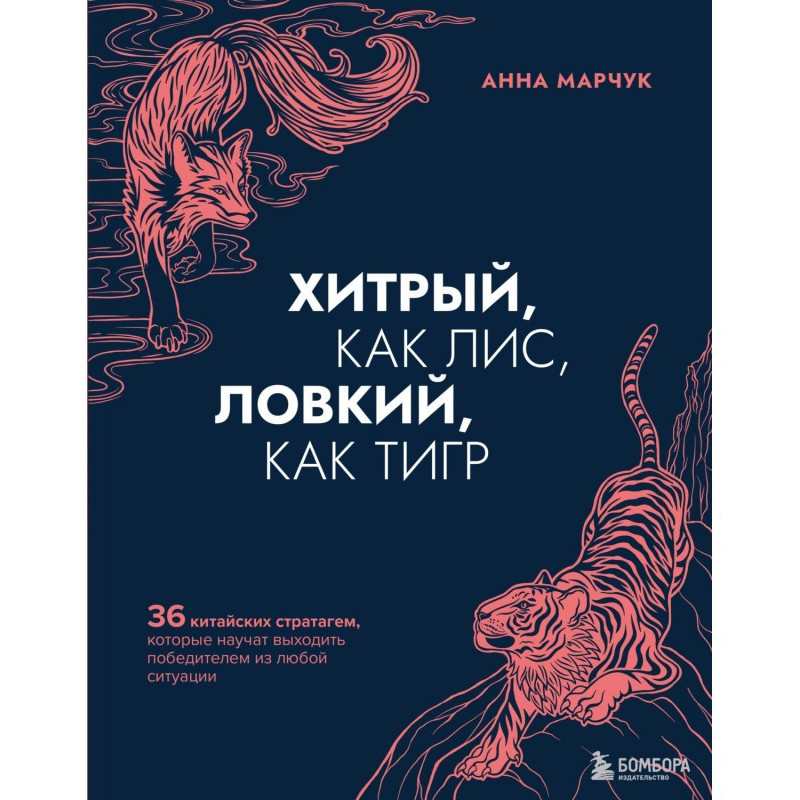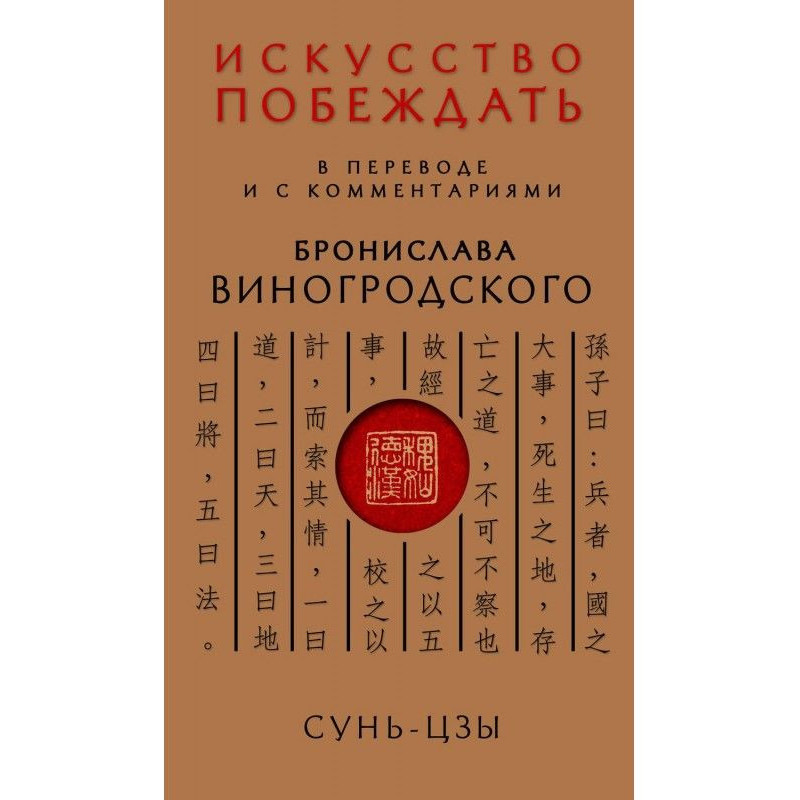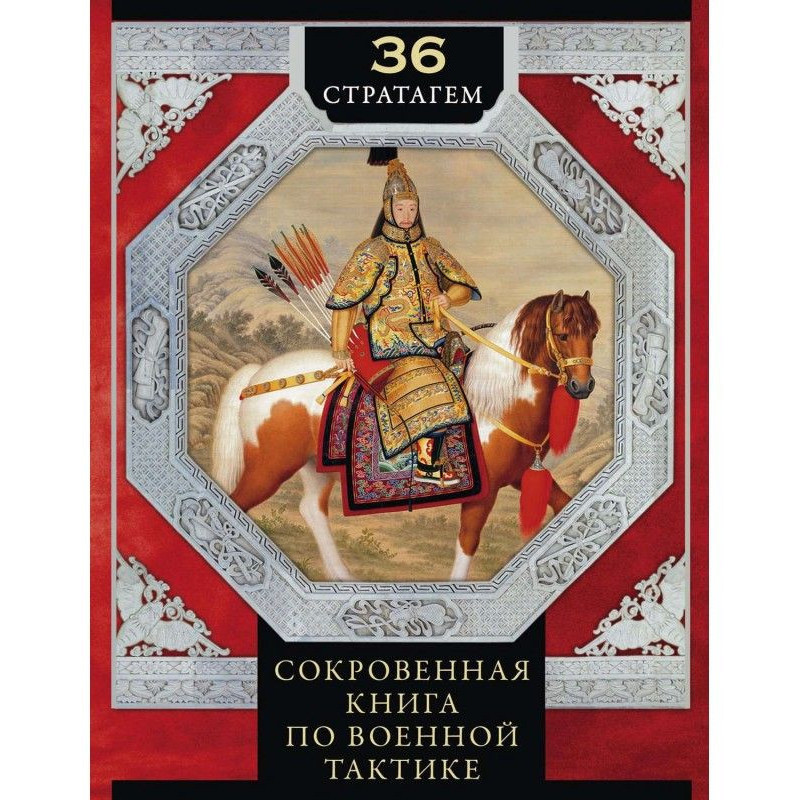Vishnu-Smriti
 Instant download
Instant download
after payment (24/7)
 Wide range of formats
Wide range of formats
(for all gadgets)
 Full book
Full book
(including for Apple and Android)
The book presents the first complete Russian translation of "Vishnu-smriti", one of the largest dharmashastras - collections of ancient Indian rules and regulations regulating a person's personal life and containing legal, religious, moral, ethical and other norms of behavior. The preface provides a comprehensive analysis of the monument, allowing us to reconsider its dating and place in Sanskrit dharma literature. The translation is provided with commentary and extensive reference material. CONTENTS: Preface 14VISHNU-SMRITI. Translation 73Chapter 1 [Introductory: cosmogony, description of the Earth goddess, praise of the god Vishnu] 75 205Chapter 2 [Four varnas: their definition, purpose and dharmas] 80 208Chapter 3 [Duties of the king (rajadharma); appointment of officials and taxation norms] 80 209Chapter 4 [Measures of weight] 84 210Chapter 5 [Punishments for various crimes] 85 211Chapter 6 [Regulations regulating relations between debtors and creditors] 92 213Chapter 7 [Legality of documents: three types of documents] 94 213Chapter 8 [Witnesses] 95 214Chapter 9 [General rules for conducting ordeals] 97 214Chapter 10 [ Trial by the Scales] 98 215Chapter 11 [Trial by Fire] 99Chapter 12 [Trial by Water] 100Chapter 13 [Trial by Poison] 100Chapter 14 [Test by Blessed Water] 101 215Chapter 15 [Twelve Kinds of Sons, Their Share in Inheritance; Disinheritance] 101 216Chapter 16 [Sons ya , born from mixed marriages] 103 217Chapter 17 [Divided family, joint family; rules of inheritance in case of childlessness; “woman’s property” - stridhana] 104 217Chapter 18 [Division of inheritance between children from wives from different varnas] 105 218Chapter 19 [Carrying out the dead bodies, cremation; desecration at death; praise of the Brahmanas] 107 219Chapter 20 [Duration of the four yugas, manvantara, kalpa, mahakalpa, “day and night of Brahma”; ritual exhortations on the occasion of death] 108 219Chapter 21 [Funeral rituals: ekoddishta and sapindikarana-sraddha] 111 220Chapter 22 [Duration of impurity after death and birth of relatives; mourning; defilement and purification by touching ritually unclean objects and people] 113 221Chapter 23 [Purification of objects] 118 222Chapter 24 [Various forms of marriage] 121 225Chapter 25 [Responsibilities of married women] 123 226Chapter 26 [On the rules of joint performance of rituals] 124Chapter 27 [Rituals life cycle] 124 226Chapter 28 [Responsibilities and behavior of students] 126 227Chapter 29 [Categories of teachers] 128 229Chapter 30 [Start time teaching the Vedas; instructions when to interrupt the study of the Vedas] 129 230Chapter 31 [Reverence for father, mother and teacher] 130 231Chapter 32 [Reverence for elders] 131Chapter 33 [Three sources of sin: passion, anger and greed] 132Chapter 34 [Atipataka, or “the worst sins”] 132Chapter 35 [Mahapataka, or "great sins"] 133Chapter 36 [Anupataka, or "severe sins"] 133 231Chapter 37 [Upapataka, or "less serious sins"] 134 232Chapter 38 [Jatibhramshakara, or "sins leading to loss of caste" ] 134Chapter 39 [Samkarikarana, or "sins leading to birth in a mixed caste"] 135Chapter 40 [Apatrikarana, or "sins leading to loss of the right to receive charity"] 135 232Chapter 41 [Mala-avaha (malinikarana), or "sins , causing desecration"] 135 232Chapter 42 [Prakirna, or “various sins”] 136Chapter 43 [Hells: a list of various hells for sinners] 136 232Chapter 44 [Rebirth of sinners among animals] 137 233Chapter 45 [Various diseases of sinners] 139 233Chapter 46 [Krichchhra repentance, other types of repentance] 139 233Chapter 47 [Repentance of Chandrayaan] 141 234Chapter 48 [Repentance of a Yavakavrata] 141 235Chapter 49 [Rite of veneration of Vasudeva] 143 238Chapter 50 [Repentance for killing a brahmana and other people, for killing a cow and other animals] 143 239Chapter 51 [Repentance for drinking alcohol and other forbidden things substances when eating prohibited food; strict condemnation of carnivory] 145 240Chapter 52 [Repentance for thefts] 150 242Chapter 53 [Repentance for defiling sexual relations] 151Chapter 54 [Repentance for communication with sinners; other actions leading to desecration] 151 242Chapter 55 [Secret repentance; the greatness of the hymn "Gayatri"] 154 243Chapter 56 [Sacred purifying Vedic hymns] 155Chapter 57 [With whom communication should be avoided; from whom gifts and food should/should not be accepted] 156Chapter 58 [Three types of property: pure, unclean and mixed] 157Chapter 59 [Injunctions for the householder; Various types of sacrifices that the household should be performed] 158 243 heads 60 [cleansing the body at dawn] 159 244 heads 61 [teeth cleansing] 160 244 heads 62 [Rules for the execution of Achaumana] 161 245 Glavs 63 [Proposures to start the trip; Good and bad omenary] 161 246 Chapter 64 [Instructions for daily ritual baths and libations to the gods and ancestors] 163 248Chapter 65 [Worship of Vasudeva] 164 248Chapter 66 [General rules for the veneration of gods and ancestors] 165 250Chapter 67 [Vaisvadeva Ceremony. Honoring guests] 166 250Chapter 68 [Regulations regarding the times and manner of eating] 168 253Chapter 69 [Restrictions on sexual relations with the wife] 170 253Chapter 70 [Regulations regarding sleep] 170 253Chapter 71 [General rules of conduct for the householder] 171 253Chapter 72 [Composure] 172Chapter 73 [Sraddha - general instructions] 174 255Chapter 74 [Ashtaka-and anvashtaka-sraddha] 176 257Chapter 75 [Ancestors for whom sraddha is performed] 177 258Chapter 76 [Time for carrying out nitya-sraddha] 177 258Chapter 77 [Time for performing tika-sraddha] 177 258Chapter 78 [Seven days of the week, twenty-seven constellations, fifteen lunar days recommended for performing Kamya-sraddha] 178 258Chapter 79 [Forbidden and recommended for sraddha] 179 259Chapter 80 [Recommended for sraddha] 180 260Chapter 81 [Rules for conducting sraddha] 181 260Chapter 82 [Who should not take part in sraddha] 182 261Chapter 83 [Who can take part in sraddha] 182 263Chapter 84 [Places prohibited for performing sraddha] 183 263Chapter 85 [Sacred places for performing sraddha ] 183 264Chapter 86 [Ritual of "letting go of the bull"] 184 275Chapter 87 [Ritual of donating the skin of a black antelope] 185 276Chapter 88 [Ritual of giving a cow] 186 277Chapter 89 [Sacred bath during the month of Kartik] 186 277Chapter 90 [Praise various gifts; donations in the months of Margashirsha, Pausaimagha] 187 278Chapter 91 [Religious merits acquired during the construction of public reservoirs and other good deeds] 189 279Chapter 92 [Donation of land, cow, gold, etc.] 190 280Chapter 93 [Religious merits depending on the one to whom the gift is intended] 191 280Chapters 94-95 [Prescriptions for forest hermits (vanaprastha)] 192 281Chapter 96 [Sannyasins: their life and duties. Anatomy of the human body] 193 282Chapter 97 [Meditation on Vishnu. Various types of concentration] 196 286Chapter 98 [Praise of Vasudeva by the Earth Goddess] 198 287Chapter 99 [Praise of Goddess Lakshmi by the Earth Goddess] 199 288Chapter 100 [Praise of the Dharmashastra. The benefits that its study brings] 201 Commentary 203 Appendices 2891. Index of parallel fragments of “Vishnu-smriti” in other texts 2912. Mantras in “Vishnu-smriti” 3323. Dictionary of terms and mythological names 3534. Dictionary of flora 367 List of abbreviations 385 Bibliography 387 Index 399 Summ ary 419
Data sheet
- Name of the Author
- Автор Неизвестен Древневосточная литература --
- Language
- Russian
- Translator
- Наталья Афанасьевна Корнеева
Reviews
Неперевершене джерело знань про дхарму
Книга "Вішну-Смріті" - це справжній скарб для всіх, хто цікавиться давньоіндійською культурою, релігією та філософією. Перший повний російський переклад цієї дхармашастри відкриває перед читачем безмежний світ правил і норм, які регламентують особисте життя людини. Автор глибоко аналізує не лише сам текст, а й його історичний контекст, що робить цю книгу надзвичайно цінною для дослідників. Зміст книги охоплює широкий спектр тем, від обов'язків царя до морально-етичних норм, що дозволяє читачеві зрозуміти, як давні індійці сприймали справедливість, обов'язки та духовність. Коментарі та довідковий апарат значно полегшують сприйняття матеріалу, роблячи його доступним навіть для тих, хто не має глибоких знань у цій сфері. Рекомендую цю книгу всім, хто прагне розширити свої горизонти та зануритися в мудрість давньої Індії!

